What is Fantasy?
- Raven Sharada

- Jun 10, 2022
- 4 min read

The fantasy genre is one of the most popular and extensive genres in fiction. However, it can be kind of hard to pin down. I've looked at some books on my list and thought, "is that even fantasy? Or is it something else?" So I decided to do some digging and write a little bit of a post about the different kinds of fantasy and give you some examples to see if any of these genres spark your interest.
Fantasy Defined
Quite simply, fantasy books or movies includes made-up elements that have no basis in reality. Think magic, elves, fantastic beasts. Science Fiction can sometimes be mistaken for fantasy, and while there is some cross-over, sci-fi is much more rooted in reality, usually things that could actually happen based on technology.
Fantasy Sub-Genres

When I started researching this I was quite shocked to find out how many sub-genres there are of fantasy. I was also a bit surprised that no one can agree on how many there are. I read some articles that say there are 8 subgenres, and another that listed 50. I've broken it down in 6 broad sub-genres that have sub-sub-genres (is that even a word?) but the definitions are broad enough that we can fit pretty much everything in here. Keep in mind that no book really fits into one category and one category alone - there's usually crossover between sub-genres and sub-sub-genres.
Epic or High Fantasy
I've posted about High Fantasy before because it's my favorite thing to read. High fantasy takes place in a separate world with its own physical laws and properties. The plot and themes are usually huge in scope and so there's usually many books in a series or it's a very long book. The most cited example of Epic Fantasy is The Lord of the Rings.
Sub-sub-genres: Hard fantasy (Game of Thrones), Quest fantasy (The Lord of the Rings), Sword and Sorcery (Eragon), Portal fantasy (The Chronicles of Narnia), Heroic Fantasy (First Law Trilogy)
Low Fantasy
Low fantasy takes place in our own world, but there is magic involved. In a true low fantasy, the protagonist usually encounters magic in secret and it is not known to the rest of the world. A prime example of this is Harry Potter. There is also Magical Realism, where the world is the same as the one we know, except that everyone accepts the magical elements. Urban fantasy and Superhero fantasy also fall under this umbrella.
Sub-Sub-genres: Magical realism (Marvel cinematic universe), Contemporary fantasy (American Gods), Urban fantasy (City of Bones), Superhero fantasy* (Superman), Paranormal fantasy (Twilight).
*Superhero fantasy is separate from science fiction superheroes because the powers of a fantasy superhero come from paranormal sources rather than science. The Hulk and Spiderman are examples of science fiction superheroes, whereas Superman and The Incredibles are fantasy superheroes.
Dark Fantasy
The dark fantasy sub-genre really has more to do with the mood and tone of the book than it does with the actual content. Dark fantasy is one of the most popular sub-genres these days, and it's a cross-over with the horror genre. Dark fantasy books are meant to put you on edge and be a little bit disturbing. Many dark fantasy protagonists are morally grey or anti-heroes, and there are usually monsters involved.
Sub-Sub-genres: Grimdark (The Lies of Locke Lamora), Paranormal (anything by H.P. Lovecraft), Assassin fantasy (Throne of Glass)
Science Fantasy
This sub-genre is a crossover between science fiction and fantasy. It combines elements of technology and space travel with fantastic elements like magic and supernatural abilities. Star Wars is an example of science fantasy (though the specific genre of the film franchise is "space opera," which I find highly entertaining), as well as some superhero fantasies.
Sub-sub-genres: Arcanepunk (aka, magic versus science - Magic Bites), Steampunk (aka magic plus science - The Golden Compass), Sword and Planet (think Treasure Planet or set The Lord of the Rings in space), Dying Earth (dystopian fiction where the earth is literally dying - there's a series called Dying Earth that started it all), Futuristic (combines advanced technology with magic - The Shannara Chronicles).
Fairytale and Mythic Fantasy
These fantasies take their cues from fairy tales, myths, and fables. They might include your favorite characters from Greek mythology (Percy Jackson), or King Arthur and his knights (The Mists of Avalon), or fairy tale characters that you grew up with (Cinder). They might also include talking animals such as in Aesop's Fables.
Sub-sub-genres: Mythic (Circe), Arthurian (The Once and Future King), Fable/Anthropomorphic (Redwall), Legend fantasy (Lavinia).
Historical Fantasy
Finally, we have historical fantasy. These are re-tellings of past events or time periods that include magical elements. A popular example of historical fantasy is the Outlander series. There's lots of different sub-sub-genres for this one, because there's a sub-sub-genre for every period in history (you got your swashbuckling, military, gaslamp, flintlock, gunslinger...) There can also be some historical fantasy that does not necessarily take place during known historical events, but is inspired by those time periods, especially Medeival fantasy.
Sub-sub-genres: Medeival fantasy (Game of Thrones), Gaslamp fantasy (Jonathan Strange and Mr. Norrell), Military Fantasy (The Black Company), Swashbuckling fantasy (The Princess Bride), Flintlock fantasy (The Shadow Campaigns), Gunpowder fantasy (Powder Mage), and more.
Well, what do you think? What sub-genre of fantasy is most appealing to you? Do you like the looks of the historical fantasy, magical realism, or some epic fantasy? Do you like dragons? There's whole sub-sub-genre called Dragon Fantasy! I've also left out some categories, such as Fantasy Romance, because you could literally just put a romance in any genre of fantasy and voila, you've got a fantasy romance, so I didn't think it needed its own category. The same applies to Comical fantasy and Young Adult. Those are too large of categories, in that you can fit a book from any other sub-genre in there as long as the content is either funny or focused on a young protagonist. What kind of stuff do you read or want to read? Let me know in the comments!!!


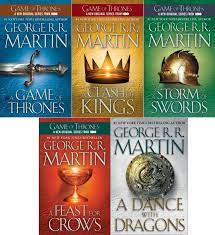

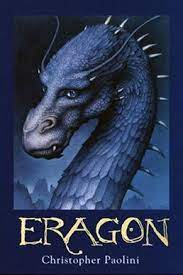

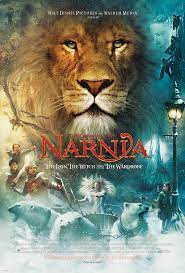

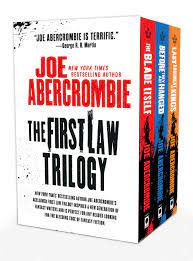

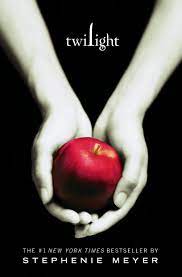

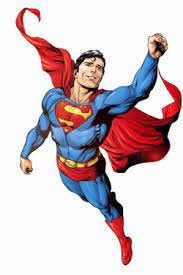
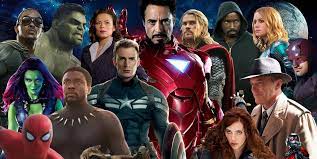

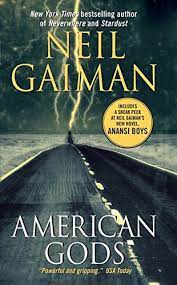

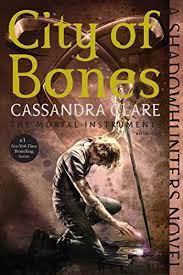

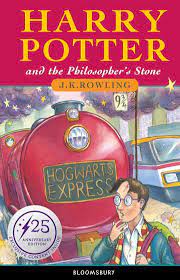

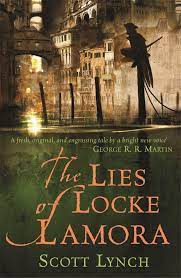

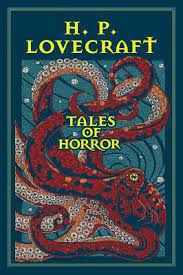

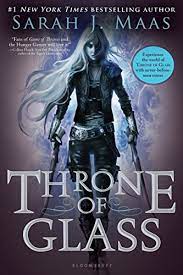

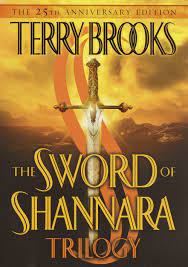

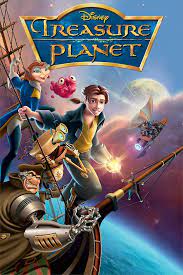

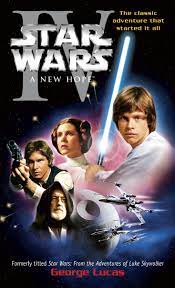

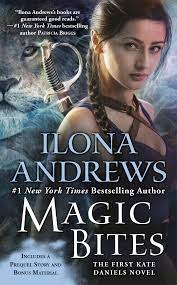

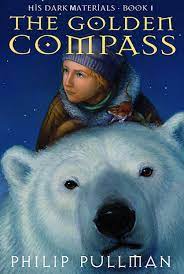

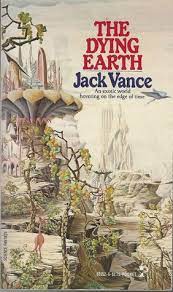

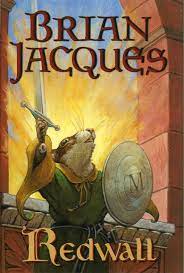

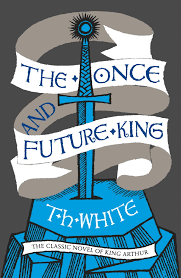

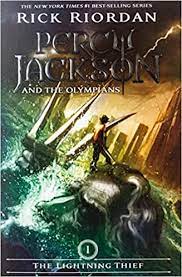

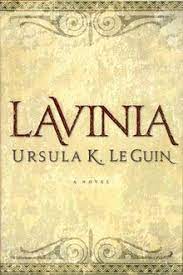

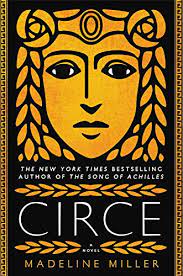

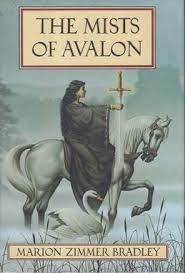

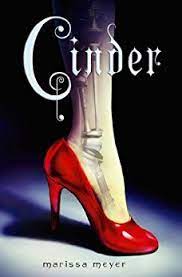

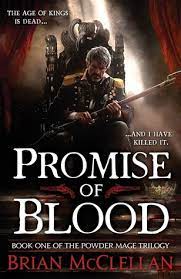

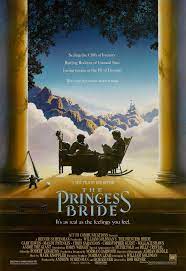

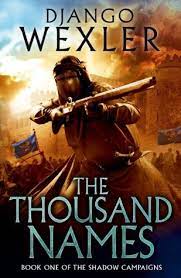

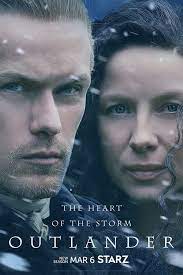

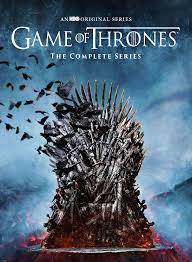

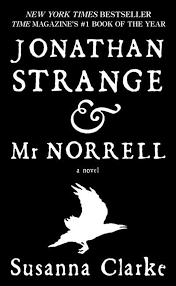

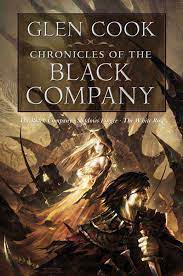



Comments